Kamala Harris to call for expanded child tax credit, 3 million new housing units
The US Democratic nominee outlined an economic agenda that pushes for more construction and tax incentives, criticised Trump’s tariff proposals.
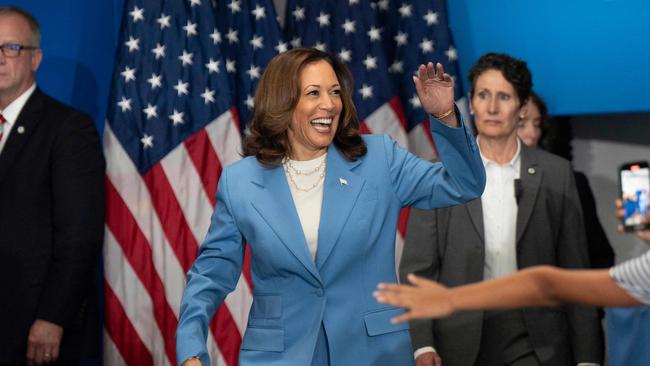
US Vice President Kamala Harris called for a substantial expansion of the child tax credit, set a goal of building 3 million new housing units and pledged to penalise companies that engage in price gouging, while warning that former president Donald Trump’s trade policies would raise prices.
Harris’s comments came during a speech in Raleigh, N.C., in which she outlined an economic agenda she hopes to put in place if she wins the November election. The speech marked Harris’s most substantial discussion of her policy plans since she replaced President Joe Biden on the Democratic ticket last month. Harris had faced criticism for not outlining a detailed economic vision in her early campaign events.
The vice president sought to contrast her approach with Trump’s, criticising the former president for proposing an across-the-board tariff of at least 10 per cent on imports.
“That will devastate Americans,” she said. “It will mean higher prices on just about every one of your daily needs.”
Deutsche Bank estimates Trump’s proposed 60 per cent tariff on imports from China and 10 per cent across-the-board tariff would raise consumer prices by 1.4 per cent to 1.7 per cent. Trump and his advisers reject the notion that his tariffs would hurt consumers, casting the effort as a bid to protect American industries.
During an economic address this week in North Carolina, Trump said the Biden administration’s policies “have caused horrific inflation, decimated the middle class, and gutted the finances of millions and millions of American families”.
In Friday’s roughly 25-minute speech, the vice president and Democratic nominee proposed restoring the expanded child tax credit of up to $US3600 ($5400) a child, which was put in place in 2021 amid the Covid-19 pandemic and expired at the end of that year. She also threw her support behind a new further expansion of the tax credit that would provide up to $US6000 in total relief for middle- and low-income families during the first year of a child’s life.
Both tax-credit proposals would require congressional approval, and could face opposition from Republicans. Some GOP lawmakers, including Sen. JD Vance, Trump’s running mate, have also called for an expansion of the tax credit.
In addition to the housing proposals and the child tax credit, the address Friday touched on alleged corporate price gouging and lowering costs for families, including the price of prescription drugs. Rising prices have become a point of debate between Harris and Trump, the Republican presidential nominee.
Harris’s campaign didn’t lay out the costs of her proposals or propose a plan for paying for them.
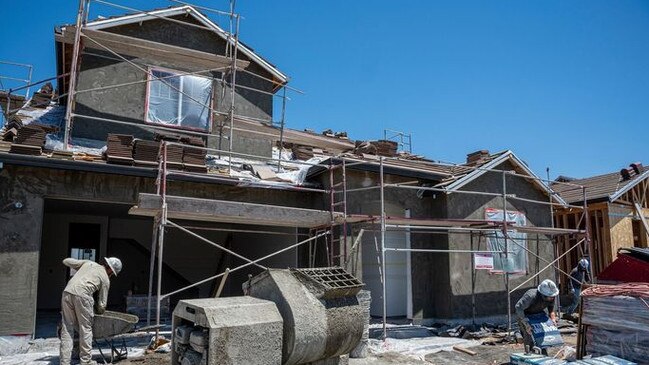
Housing is one of the thorniest economic issues facing Harris, with voters naming the cost of rent and high mortgage rates as a growing concern.
Harris’s new housing proposals build on a series of plans outlined by the Biden administration in recent years. Biden has previously called for the construction of 2 million new homes. Harris said she hoped to build 3 million new housing units by the end of her term.
Biden and Harris, like previous presidents and vice presidents, are limited in their ability to significantly lower housing prices, because housing costs are influenced by interest rates and the supply of and demand for homes.
Both factors are largely out of their direct control.
Harris’s plan aims to provide economic incentives to expand housing supply, especially for buyers entering the market for the first time. Tight inventory has helped push home prices to record highs.
Harris proposed a new tax incentive for companies that build homes for first-time buyers, but aides didn’t provide details on the plan, which would also require congressional approval. The plan echoes a proposal put forward by Mark Zandi and Jim Parrott, an economist and a housing finance analyst, respectively, who are advising the campaign on the issue.
“The basic principle is lower the tax liability of home builders to build affordable homes, and they will build more affordable homes,” said Zandi, chief economist of Moody’s Analytics. Zandi said a tax credit would be the “most logical way” of giving builders an incentive to boost supply.
Since Biden dropped out of the presidential race, Harris’s team of economic advisers has been crafting an economic framework. She is expected to release additional policy proposals in the coming weeks.
As part of her plan, Harris called for putting in place within her first 100 days in office a federal ban on alleged corporate price gouging on groceries. If elected, she would direct her administration to scrutinise mergers between large food companies that could raise grocery prices, her campaign said.

“I know most businesses are creating jobs, contributing to our economy and playing by the rules. But some are not – and that’s just not right, ” she said. “And we need to take action when that is the case.”
The Biden administration announced this week new, lower prices it will pay for 10 prescription drugs, following first-of-their-kind negotiations with pharmaceutical companies.
If she becomes president, Harris said she would accelerate the speed of her administration’s negotiations to lower drug prices. She would also continue Biden’s push to cap the cost of insulin and out-of-pocket expenses for prescription drugs.
The vice president also promised to work with states to eliminate medical debt for millions of Americans.
Housing is one of the most stubborn costs facing the country, even as inflation is slowing.
“Costs are still too high and on a deeper level, for too many people, no matter how much they work, it feels so hard to just be able to get ahead, ” Harris said.
Mortgage rates are at the lowest level in more than a year, but they are unlikely to soon return to anywhere near the levels before the Federal Reserve started raising interest rates in early 2022.
Home-buying affordability dropped last fall to the lowest level since September 1985, and it fell near that level again in June.
Harris proposed a $US40 billion fund to help local governments develop innovative solutions to the lack of housing supply. It is an expansion of a similar $US20 billion fund proposed by the Biden administration.
She also endorsed legislation that would crack down on the use of property-management software that has allegedly been used by landlords to fix apartment rent prices at buildings across the US.
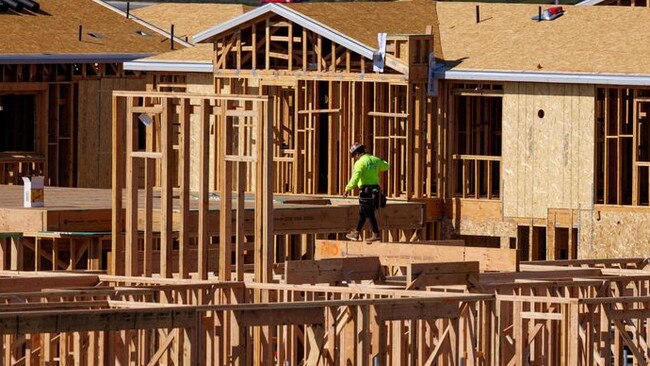
The Biden administration has previously called for a new $US10,000 tax credit for first-time home buyers and providing as much as $US25,000 in down-payment assistance for first-time home buyers whose parents don’t own a home. Harris proposed an expanded version of that plan, offering $US25,000 in down-payment assistance to working families that paid their rent on time for two years and are buying their first home, regardless of whether they are first-generation buyers.
Biden last month called for legislation that would withhold key tax breaks from landlords who control properties with more than 50 units if they don’t agree to limit rent increases to a maximum of 5 per cent, a proposal that Harris has endorsed. None of those items are expected to pass in the Republican-controlled House.
The administration has also taken several executive actions, including an effort to save homeowners thousands of dollars in closing costs on certain mortgages.
Trump’s advisers criticised Harris’s proposals, arguing that her tax incentives for housing don’t do enough to help homeowners pay their mortgages and warning that efforts to limit price gouging could veer into tinkering with the free-market system.
“Kamala Harris continues to lie that she will fix our country’s economic crisis ‘on day one,’ but her day one started 3½ years ago as vice president alongside failed Joe Biden,” Republican National Committee Chairman Michael Whatley said.
Dow Jones Newswires

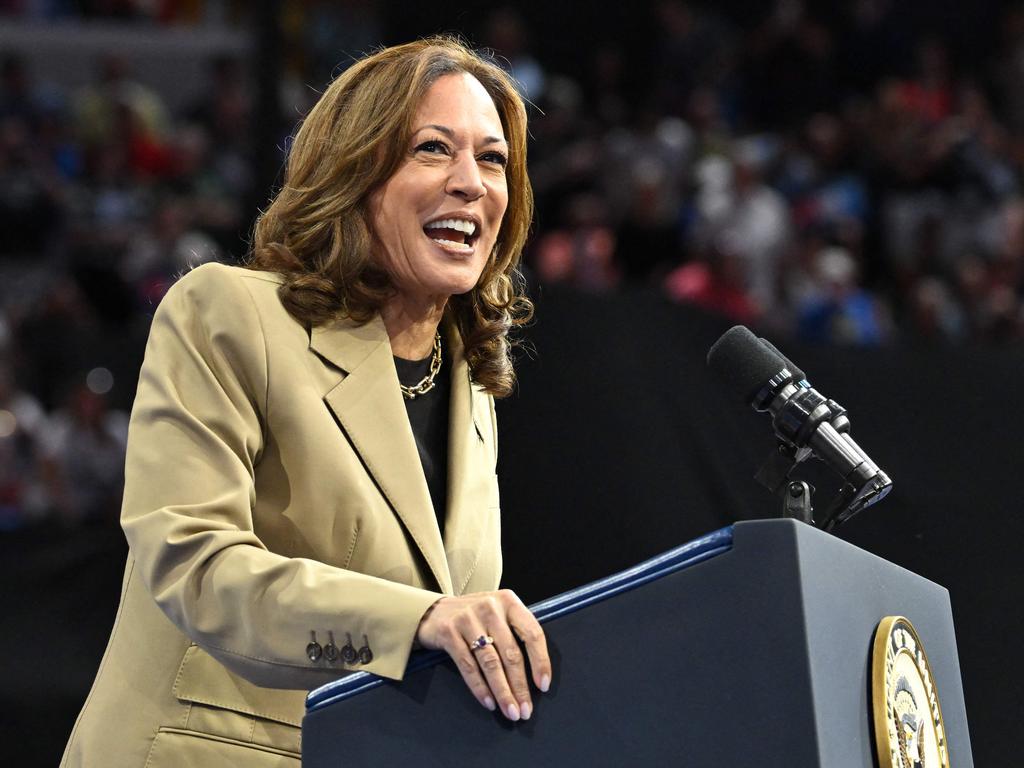

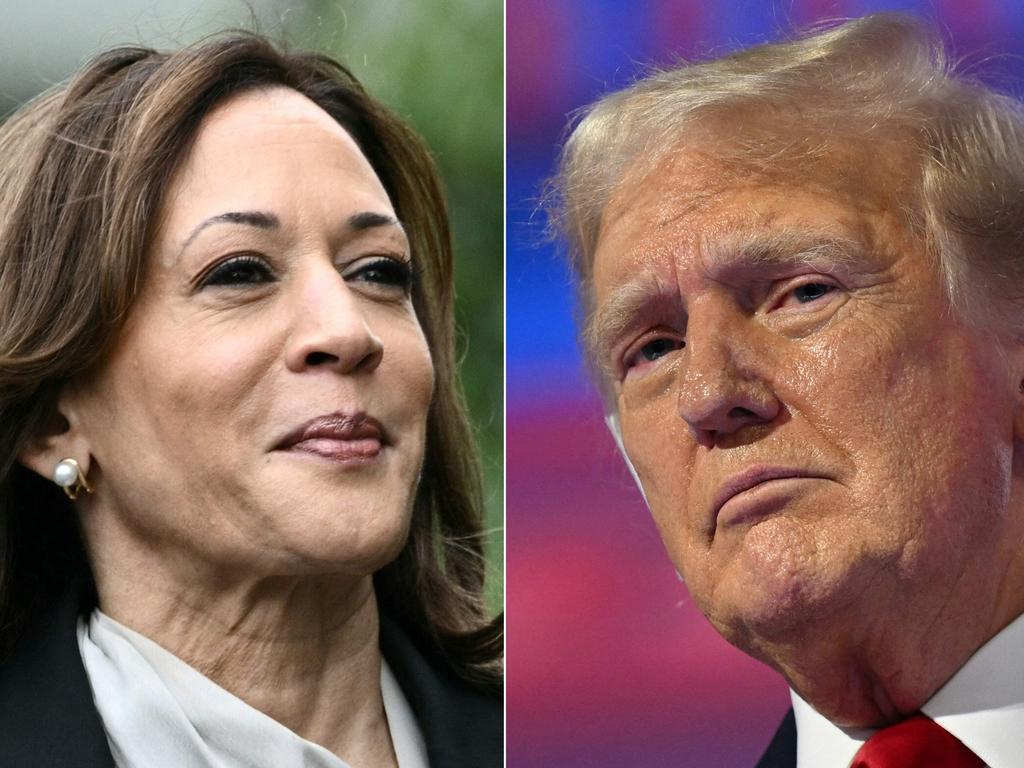


To join the conversation, please log in. Don't have an account? Register
Join the conversation, you are commenting as Logout